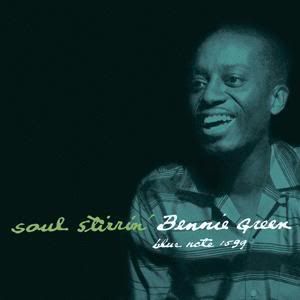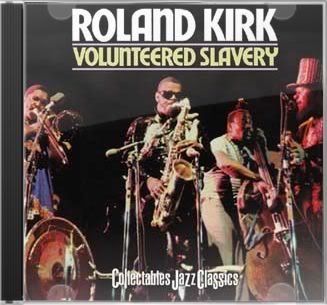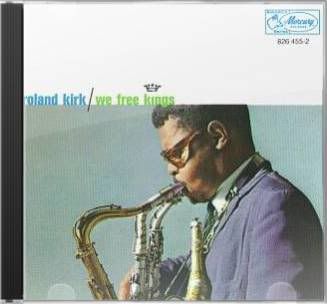
One of the more unique recordings in the Blue Note 1500 series, trombonist Bennie Green oversees a cool mix of swing, blues and mambo arrangements, including vocal contributions by the leader himself and the great Babs Gonzales. With his bone tone still rooted in the swing era, Green was starting to take notice and become influenced by the emergence of soul and rhythm and blues. Case in point; inviting Gene Ammons to sit in on tenor. Adding Billy Root as a second tenor creates a front line like no other while the legendary Sonny Clark handles the piano. Ike Isaac’s bass and the brute-drumming of Elvin Jones round out the sextet. Highlights include a forceful “We Wanna’ Cook”, plus heartbreaking takes of the ballads “That’s All” and “Lullaby Of The Doomed”.
Benny Green - Trombone, Vocals
Babs Gonzales - Vocals
Gene Ammons - Tenor
Billy Root - Tenor
Sonny Clark - Piano
Ike Isaac - Bass
Elvin Jones - Drums
www.mediafire.com/?g59ajcwmx2h
^^^^Download Link

